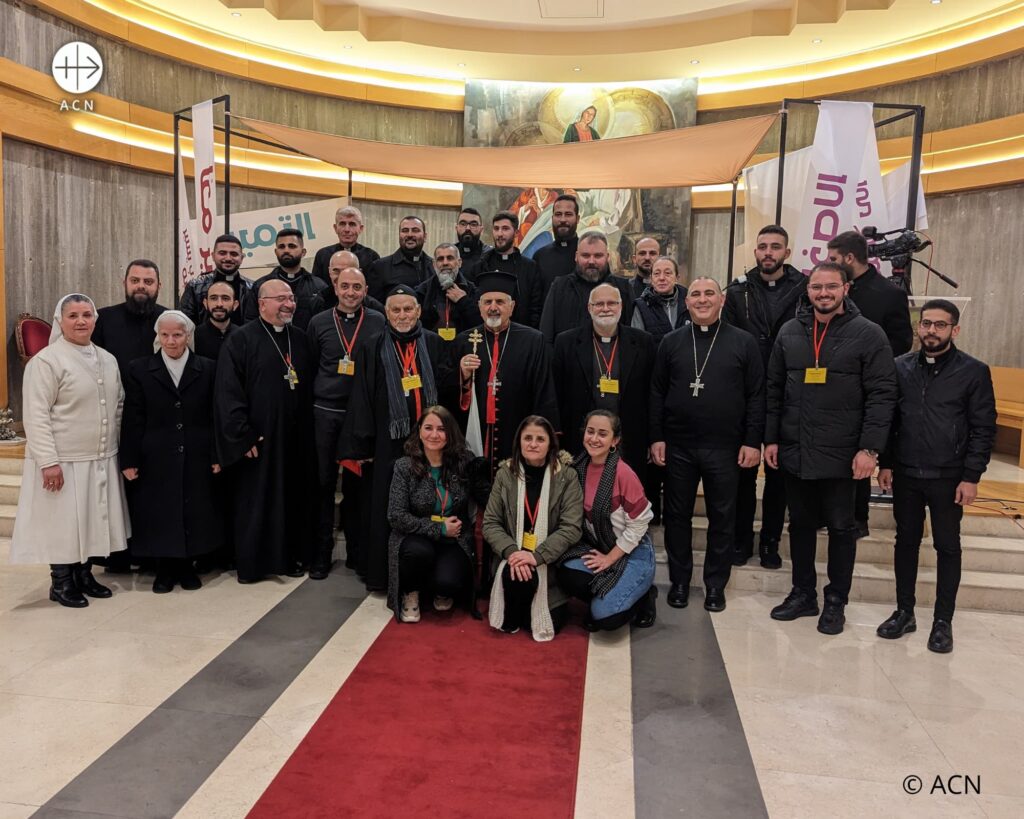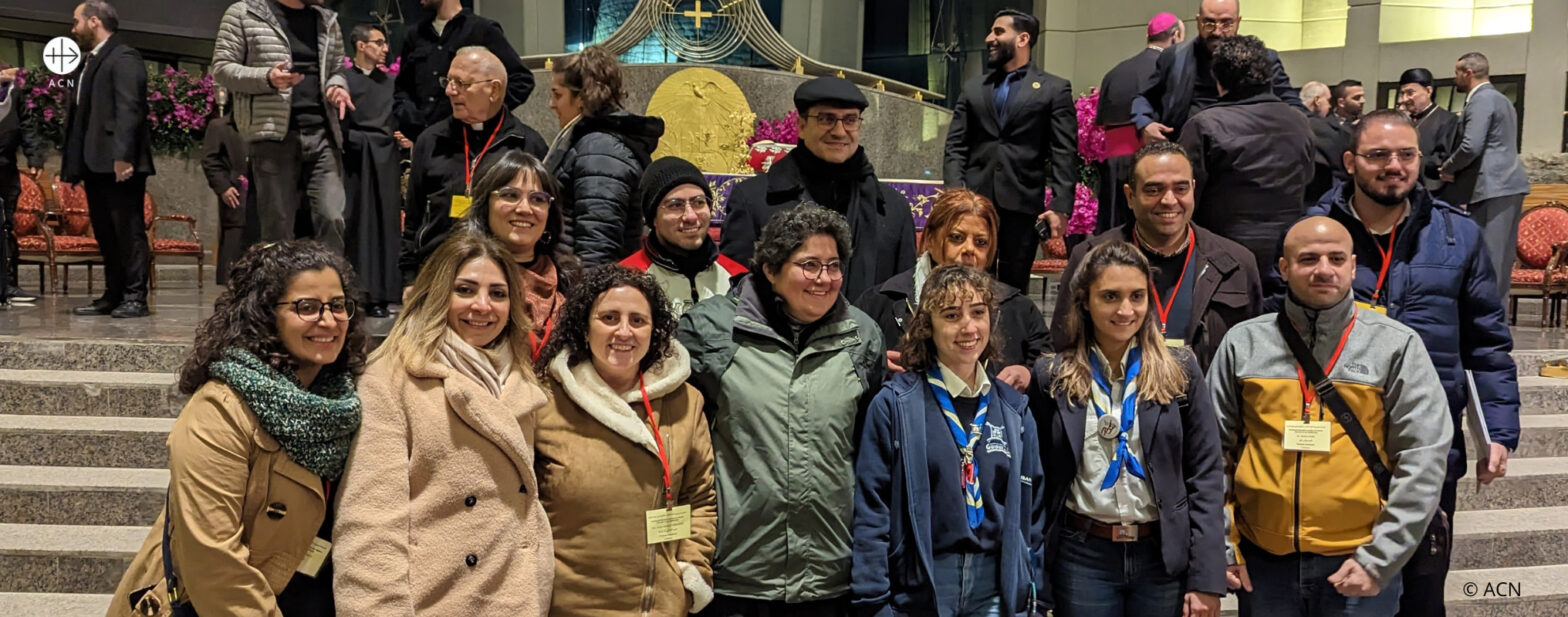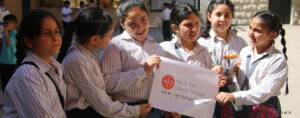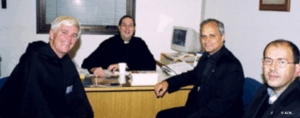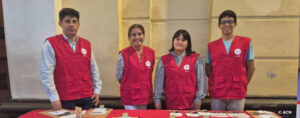The Continental Synodal Assembly for the Middle East was held in February, with the support of Pontifical Charity Aid to the Church in Need (ACN).
Catholic delegates from different parts of the world have been taking part in continental assemblies as part of the Church’s Synod on Synodality. Each continent and country has its own specific needs and concerns, and the Middle East region is no exception. Delegates from churches all over the Middle East, who gathered in Beirut from February 13 to 17, have important experiences to share with the universal Church on synodality.
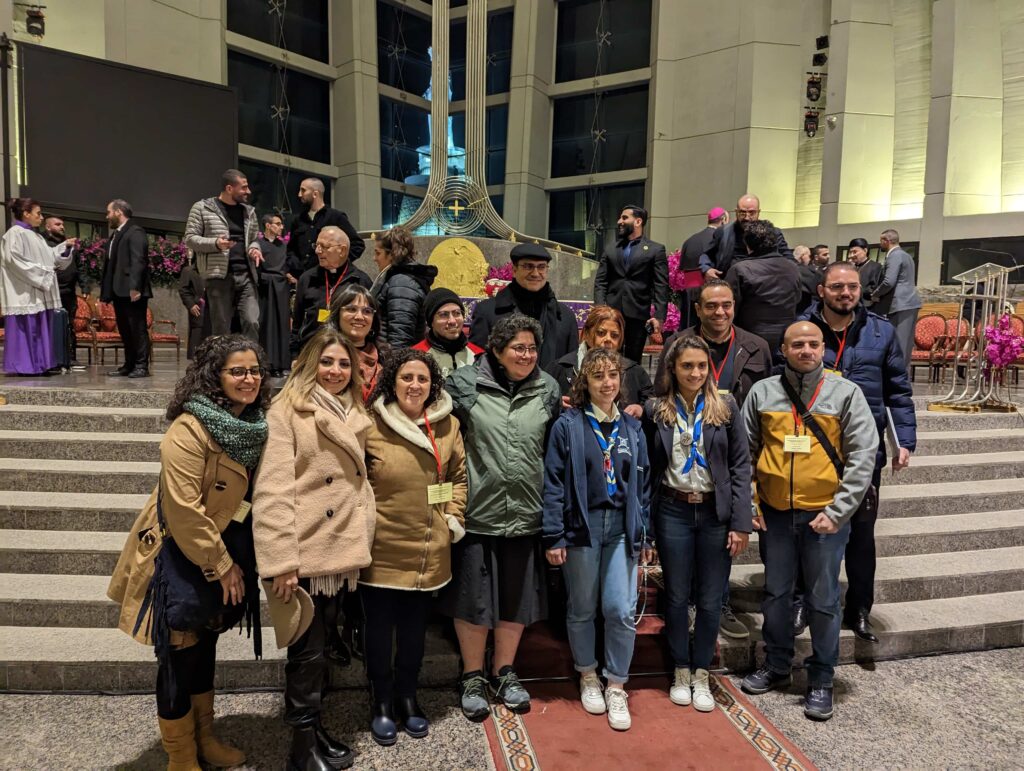
Speaking to ACN, Patriarch Béchara Boutros Raï, of the Maronite Catholic Church, explained that “the circumstances in which the Churches of the East live are very difficult. We have work to do with our young people to maintain hope against all hope, as Saint Paul says. How do we face the social problems? Our people have become very poor. How can we face the political problems? We live these cries in all the Arab countries and each country has its own physiognomy of problems. Lebanon especially, which represents the strong point of the Christian presence in the Middle East, is threatened to become weaker.”
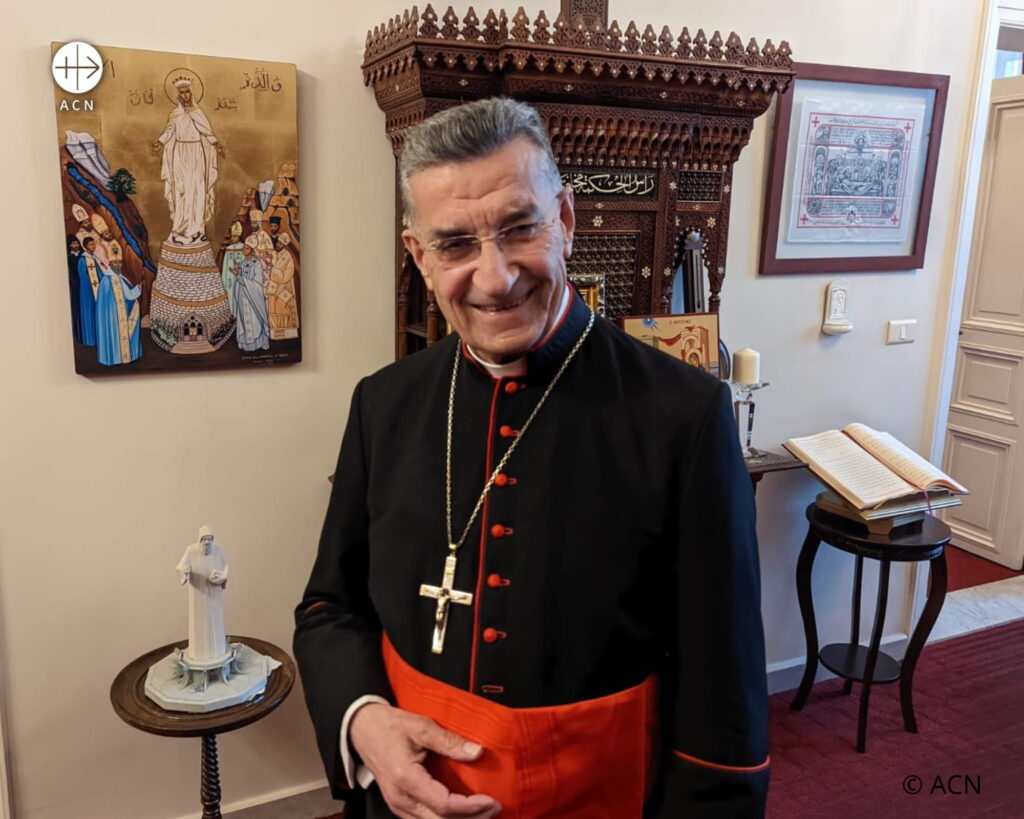
The gathering, which brought together patriarchs, bishops, priests, religious and laypeople from all over the Middle East and the Gulf, took place in the shadow of the terrible earthquake that claimed the lives of tens of thousands of people in Turkey and Syria. The plight of the victims and of survivors was remembered by the assembly in a special prayer. Some participants were not able to come, or were only able to attend in part, because of the earthquake.
Cardinal Mario Grech, of Malta, who is the secretary general of the Synod of Bishops, spoke in a conversation with ACN about the importance of the synod. “We cannot, at this particular point in time, disregard or neglect this moment of grace, a reflection and discernment on synodality, how we can help the Church become more synodal.”
“Here we have a synodal tradition that goes back many years,” Cardinal Grech said, in reference to the traditions of the Eastern Churches, which represent most Catholics in the region. “There are good practices about synodality that can be shared. Everyone listens to one another. This openness to meet and listen to one another, I am sure will benefit the Church,” he added.
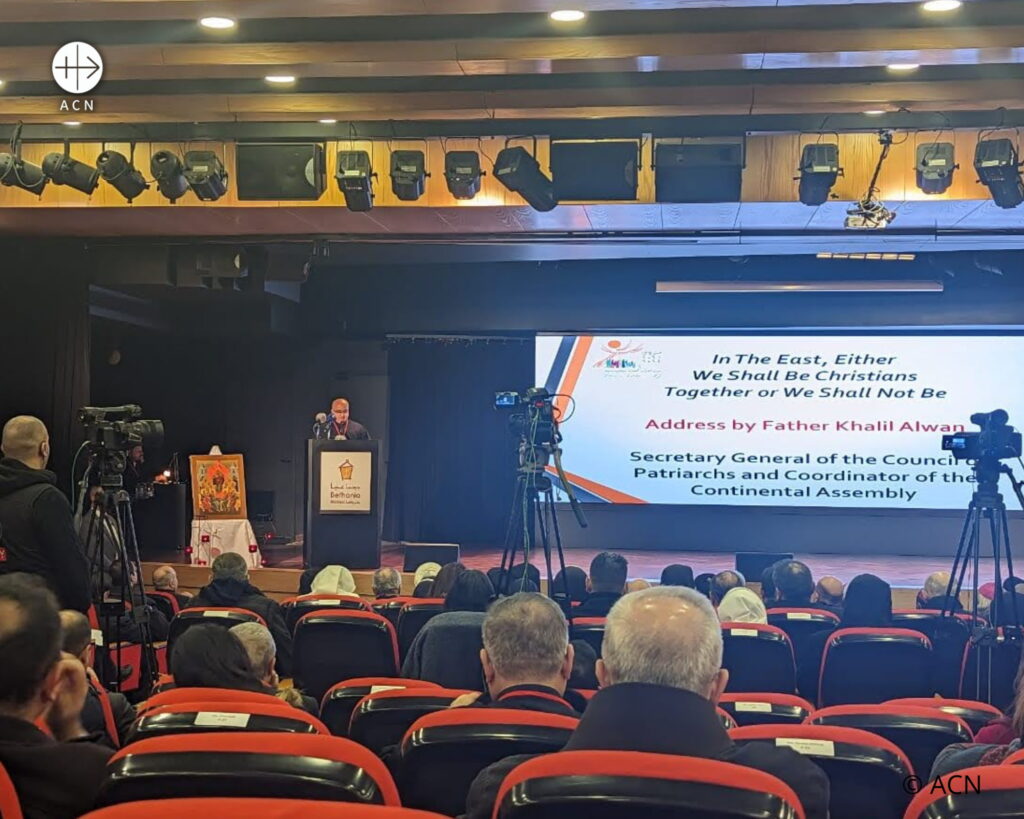
Slow cooking
Patriarch Raï said that he holds great hopes for the future of the Synod on Synodality, a three-year process. “I appreciated this gathering. I didn’t expect it to happen like this. We participated in lots of other synods in the past. We used to be in a reflection place, and the steering committee in another place, and the apostolic exhortation in a third place. This time it is completely different; we feel that we are involved.”
“The first reaction was ‘does such a synod need this much time, three years?’ And now the pope is saying that he might extend it until 2024. I now understand that yes, we cannot rush things. It is cooking on low heat like good coffee, and not fast cooking. It was necessary that we take our time on the level of the parishes, now on a continental level, and then in the meeting in Rome. And after this, we do not know what the pope will advise. Expectations, in my opinion, are very big. It will be a new spring for the Church, like Vatican II,” the patriarch concluded.
